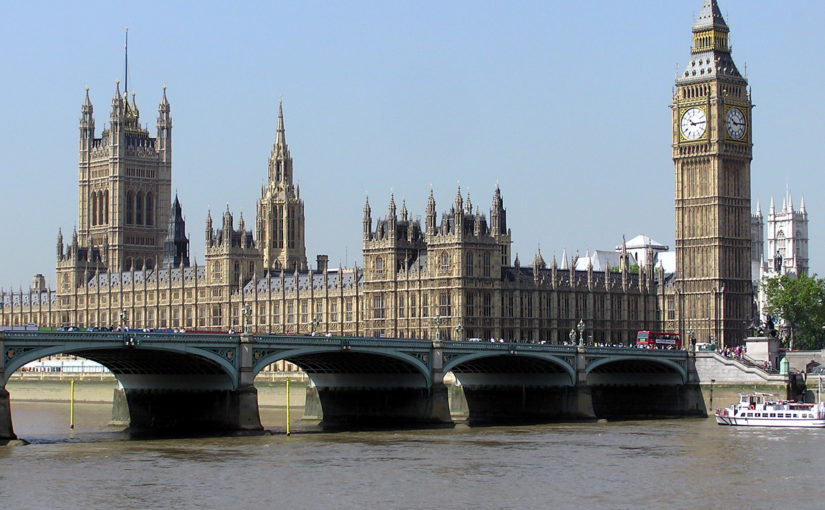Saturday’s (4 April) “reveal” of the Labour leadership result would under normal circumstances be a big news event. The coronavirus crisis however means the contrast with the big noisy 2015 announcement event will be stark. There will be no room full of party activists, candidates, journalists and MPs, no clapping, no leaping onto a stage after handshakes for the photographers. Instead there will be a simple announcement and the screening of a filmed victory speech.
But the loss of the drama doesn’t change the fact that the new leader will have a massive task on his or her hands. Even without COVID19, the situation facing Labour is tough. There are real questions about direction, about electability and about party unity. Those who’ve studied party leadership contests argue that those doing the choosing particularly prize unity, but there is little point in being united if elections can’t then be won.
In normal times the new leader would have a couple of obvious platforms to use to build profile and do some opposition. These are Parliamentary sessions after the recess, in particular Prime Minister’s Questions and the annual party conference. These are not normal times however. Parliament may have to return as a virtual chamber for a while and doubt must hang over the September conference. (The Lib Dems for exampleare to take a decision on cancellation shortly)
The first test of the new leader would have been in just a month’s time, with a set of elections including the contest for London Mayor. The cancellation of these means a year- long build up to a massive test in 2021 when this year’s elections join next years. This brings the Scottish Parliament and Welsh Assembly into the equation. This is a mixed blessing. A set of elections this May could have produced “better than expected” results for the leader. Labour was highly likely to hold on to some significant positions. Putting Scotland into the mix, as will happen next year, risks bad news stories overshadowing anything good. But at least the delay to 2021 means that the party can do some planning on messages and direction and put 2019 a more distant view in the rear view mirror.
So what are the urgent tasks and challenges facing the new leader?
Sort out the party machine. This is easier said than done. Media reports have pointed to a dysfunctional set of relationships at various levels. The National Executive Committee is the centre for most decision-making and the new leader will need to find a way to use this to make changes.
Work out key messages that are believable. The problem with the 2019 election policies wasn’t that people didn’t like them. Some were very popular. It is that there were far too many and it wasn’t clear what was important or how some of it would be paid for. To be credible the party has to have core policy offers and avoid the temptation to produce a shopping list.
Find a way of describing Labour’s mission in a way which is simple and clear. Politics is about more than slogans, but slogans often take us to the heart of the matter. We all knew what Tony Blair meant by “tough on crime and tough on the causes of crime”. “New Labour – Because Britain Deserves Better” is good communication and has the benefit of appearing to apply to everyone. Compared to these, what does “For the Many not the Few” actually mean, or convey?
Find a (tactful) way to get though. In normal times an opposition politician could just blast away. Today he or she runs the risk of appearing to politicise a crisis or to be focusing on the wrong issues. Yet there are ways of communicating during a crisis which combine an understanding of what people are willing to listen to with a clear message of change. Chief among these is looking and sounding like someone who could deal with a crisis.
Finally, although this will be difficult, find ways of ending internal party fighting. Parties are never entirely peaceful, but internal arguments which break out in public are damaging. They drive away supporters and voters, they can lead to the loss of activists and they generate a lot of bad press.
The electorate in this contest have been labour members, affiliated supporters and registered supporters. The new leader will need at the very least to take the first group with him or her. This is going to need an understanding of what the members believe, but also the courage to challenge at times.
Whoever wins will certainly have their work cut out!

